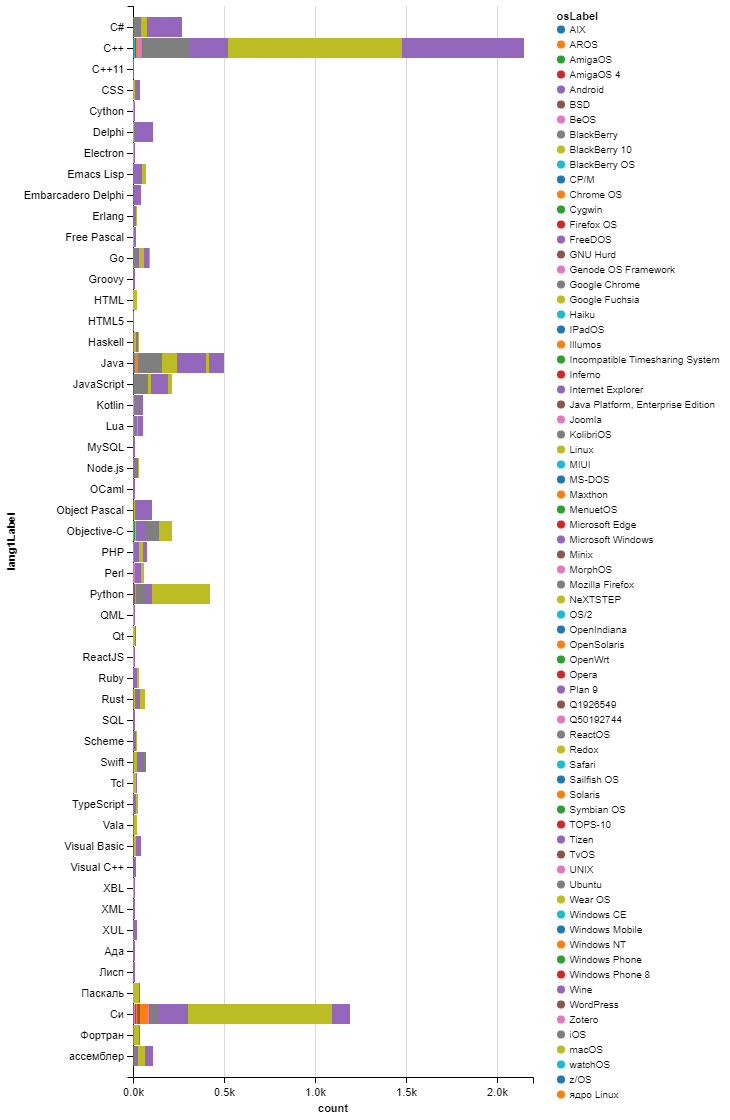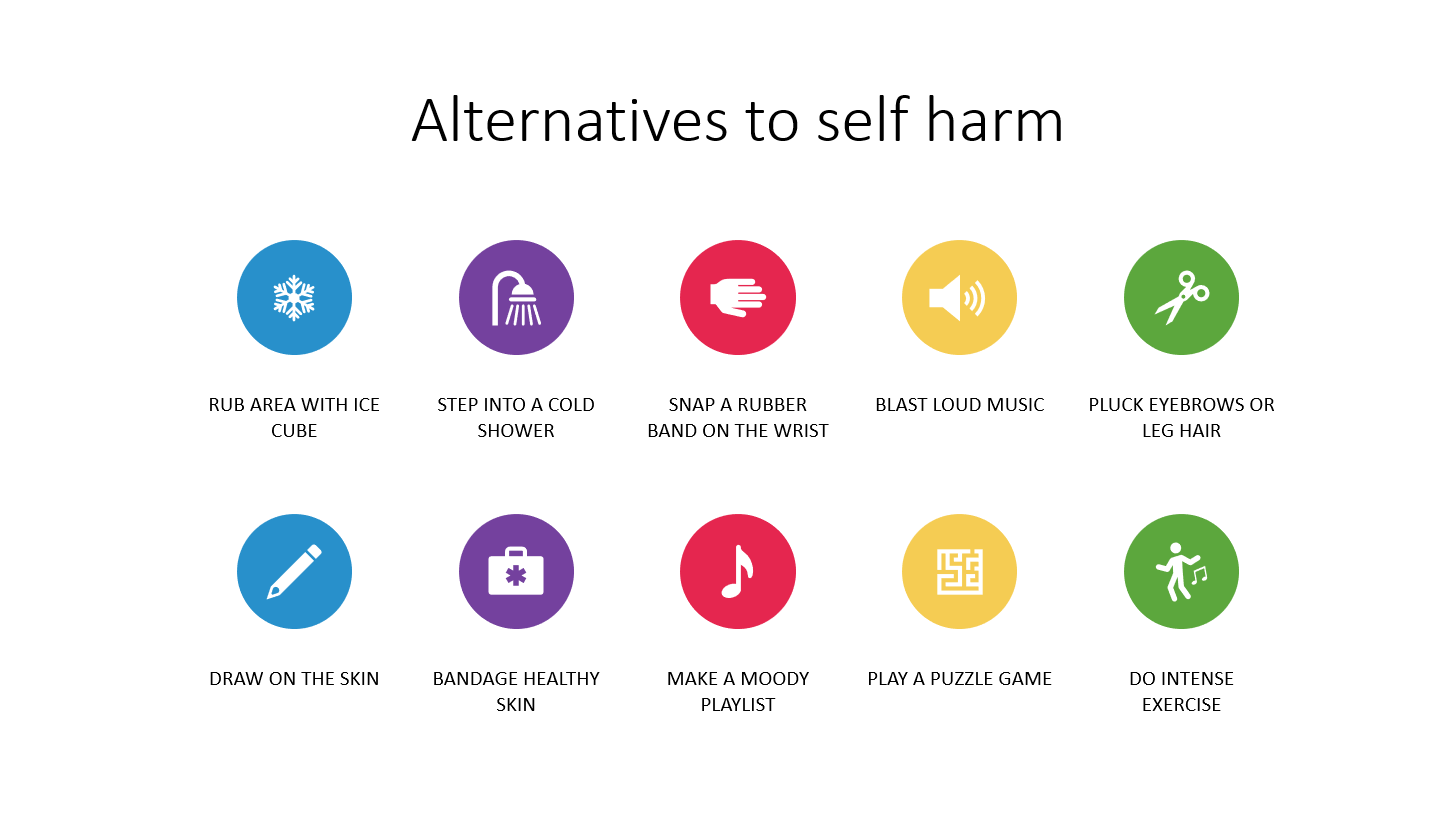
Programming Languages: A Comprehensive Guide
Programming Languages: A Comprehensive Guide
Overview
What are programming languages?
Programming languages are a fundamental part of the modern world. They are the tools that allow us to communicate with computers and create amazing things. Whether you're a beginner or an experienced developer, understanding programming languages is essential for success in the tech industry. So, what exactly are programming languages? In simple terms, they are a set of rules and instructions that tell a computer how to perform specific tasks. From simple commands to complex algorithms, programming languages provide the foundation for building software and applications. They come in various forms, such as Python, Java, C++, and JavaScript, each with its own unique features and purposes. Learning a programming language is like learning a new language, but instead of communicating with people, you're communicating with machines. It may seem daunting at first, but with practice and perseverance, anyone can become proficient in a programming language and unlock a world of possibilities.
Why are programming languages important?
Programming languages are crucial in the world of technology. They serve as the foundation for creating software and applications that power our everyday lives. Without programming languages, it would be impossible to develop websites, mobile apps, and even operating systems. These languages allow developers to communicate with computers and instruct them on what tasks to perform. They enable us to bring our ideas to life and solve complex problems. From popular languages like Java and Python to specialized ones like R and Swift, each programming language has its own unique features and purposes. So, whether you're a beginner or an experienced developer, understanding programming languages is essential for success in the digital age.
Different types of programming languages
There are several different types of programming languages that developers use to write code. These languages vary in their syntax, purpose, and level of abstraction. Some popular programming languages include Java, Python, C++, and JavaScript. Each language has its own strengths and weaknesses, making it suitable for different types of projects. For example, Java is commonly used for building large-scale enterprise applications, while Python is known for its simplicity and readability. C++ is often used for system programming and game development, while JavaScript is the language of the web. Whether you're a beginner or an experienced programmer, it's important to choose the right programming language for your project.
Python

Introduction to Python
Python is a powerful and versatile programming language that has gained popularity among developers. With its simple and readable syntax, Python makes it easy for beginners to learn and write code. Whether you're interested in web development, data analysis, or machine learning, Python has a wide range of libraries and frameworks to support your projects. From building web applications with Django to analyzing data with pandas, Python offers endless possibilities. So, if you're looking to dive into the world of programming, Python is a great language to start with!
Python syntax and features
Python is a versatile programming language that is known for its simple and readable syntax. It has gained popularity among developers due to its extensive library support and dynamic typing. Python's indentation-based syntax makes it easy to write clean and organized code. With its powerful features such as list comprehensions, lambda functions, and object-oriented programming, Python allows developers to write concise and efficient code. Whether you're a beginner or an experienced programmer, Python offers a wide range of applications and is widely used in web development, data analysis, artificial intelligence, and more.
Popular Python libraries and frameworks
Python has a wide range of popular libraries and frameworks that make it a versatile programming language. These libraries and frameworks provide developers with ready-to-use tools and functionalities, saving them time and effort. Some of the most popular Python libraries and frameworks include Django, Flask, NumPy, Pandas, and Matplotlib. These libraries and frameworks are widely used in various domains such as web development, data analysis, and scientific computing. With their extensive documentation and active community support, developers can easily find resources and solutions to their programming challenges. So, whether you're building a web application, analyzing data, or creating visualizations, Python's popular libraries and frameworks have got you covered.
JavaScript

Introduction to JavaScript
JavaScript is a popular programming language that is widely used for web development. It is known for its versatility and ability to create interactive and dynamic websites. With JavaScript, developers can add functionality to web pages, create animations, and handle user interactions. It is a client-side scripting language, which means it runs on the user's web browser rather than on the web server. This allows for faster and more responsive web applications. JavaScript is also used for server-side development with the help of frameworks like Node.js. Whether you're a beginner or an experienced developer, learning JavaScript is a valuable skill that will open up many opportunities in the world of web development.
JavaScript syntax and features
JavaScript is a powerful programming language that is widely used for web development. It has a simple and flexible syntax, making it easy to learn and write code. JavaScript offers a wide range of features, including dynamic typing, object-oriented programming, and event-driven programming. It also has a large and active community, which means there are plenty of resources and libraries available for developers. With JavaScript, you can create interactive and dynamic web pages that enhance the user experience. So, if you're looking to build web applications or add interactivity to your website, JavaScript is the language for you!
Front-end and back-end development with JavaScript
Front-end and back-end development with JavaScript is a crucial aspect of modern web development. JavaScript, often abbreviated as JS, is a versatile programming language that allows developers to create interactive and dynamic web pages. With JavaScript, developers can build the user interface and functionality of a website, making it responsive and engaging. Whether it's creating stunning visual effects or handling complex data processing, JavaScript is the go-to language for front-end and back-end development. From creating interactive forms to implementing server-side logic, JavaScript empowers developers to bring their ideas to life. So, if you're looking to become a full-stack developer or enhance your web development skills, mastering JavaScript is essential. Get ready to unleash your creativity and build amazing web applications with JavaScript!
Java

Introduction to Java
Java is a widely-used programming language that is known for its versatility and platform independence. It was first released in 1995 and has since become one of the most popular programming languages in the world. With its simple syntax and extensive libraries, Java makes it easy for developers to write code that can run on any device or operating system. Whether you're building a mobile app, a desktop application, or a web application, Java has the tools and resources you need to get the job done. So, if you're looking to dive into the world of programming, Java is a great language to start with!
Java syntax and features
Java is a widely-used programming language that was first released in 1995. It is known for its simple syntax and powerful features. With Java, developers can write code once and run it on multiple platforms, making it a popular choice for building cross-platform applications. One of the key features of Java is its object-oriented programming (OOP) paradigm, which allows for the creation of reusable code and modular development. Java also has a strong ecosystem, with a vast library of pre-built classes and frameworks that make development faster and more efficient. Whether you're a beginner or an experienced programmer, Java is a language that offers a lot of flexibility and versatility.
Java applications and platforms
Java applications and platforms are widely used in the software development industry. With its robust features and extensive libraries, Java has become a popular choice for building various applications, ranging from desktop to mobile and web. The platform independence of Java allows developers to write code once and run it on different operating systems, making it highly versatile. Additionally, Java's strong community support and vast ecosystem contribute to its continued success. Whether you're developing enterprise software or creating Android apps, Java provides the tools and resources you need to bring your ideas to life.
C++

Introduction to C++
C++ is a powerful and widely-used programming language that is known for its flexibility and efficiency. It is an extension of the C programming language and provides additional features such as object-oriented programming and generic programming. With C++, developers can create high-performance applications for a variety of domains, including game development, system programming, and embedded systems. Whether you are a beginner or an experienced programmer, learning C++ can open up a world of possibilities and empower you to build robust and scalable software solutions.
C++ syntax and features
C++ is a powerful programming language that offers a wide range of syntax and features. It is widely used in various domains, including systems programming, game development, and high-performance computing. With its object-oriented programming paradigm, C++ allows developers to create reusable and modular code. It also supports low-level memory manipulation, making it suitable for performance-critical applications. Some of the key features of C++ include templates, exception handling, and operator overloading. Overall, C++ provides a flexible and efficient way to write code, making it a popular choice among programmers.
Applications of C++
C++ is a versatile programming language that finds applications in various domains. From game development to system programming, C++ has proven to be a powerful tool. It is widely used in the development of high-performance applications, such as video games, real-time systems, and embedded systems. C++ is also popular among competitive programmers due to its efficiency and low-level control. With its extensive libraries and frameworks, C++ enables developers to create robust and scalable software solutions. Whether you're building a desktop application, a mobile app, or a complex software system, C++ can be a go-to language for your programming needs.
Conclusion

Choosing the right programming language
Choosing the right programming language is crucial for any software development project. With so many options available, it can be overwhelming to decide which language to use. However, by considering factors such as the project requirements, the learning curve, and the available resources, developers can make an informed decision. It is important to choose a language that is widely used and supported, as this ensures a larger community to seek help from and a greater availability of libraries and frameworks. Additionally, developers should also consider their own familiarity and expertise with different languages, as this can greatly impact their productivity and efficiency. Overall, selecting the right programming language is a key step towards creating successful and efficient software applications.
Continuing your programming language journey
Congratulations on reaching the section of the article called Continuing your programming language journey! This is where things get really exciting. Now that you have a solid understanding of programming languages, it's time to take your skills to the next level. Whether you're a beginner looking to explore new languages or an experienced programmer seeking to master a specific language, this section will provide you with valuable insights and resources to further enhance your programming prowess. So buckle up and get ready for an exhilarating ride!
The future of programming languages
The future of programming languages is an exciting and ever-evolving topic. With the rapid advancements in technology, new programming languages are constantly being developed to meet the changing needs of developers. From the rise of machine learning and artificial intelligence to the increasing demand for mobile and web development, programming languages are adapting to these trends. Some of the key trends in the future of programming languages include increased automation, improved performance, and enhanced security. As developers continue to push the boundaries of what is possible, the future of programming languages looks bright.


